Kirk Harris
Ph.D. CRP '92
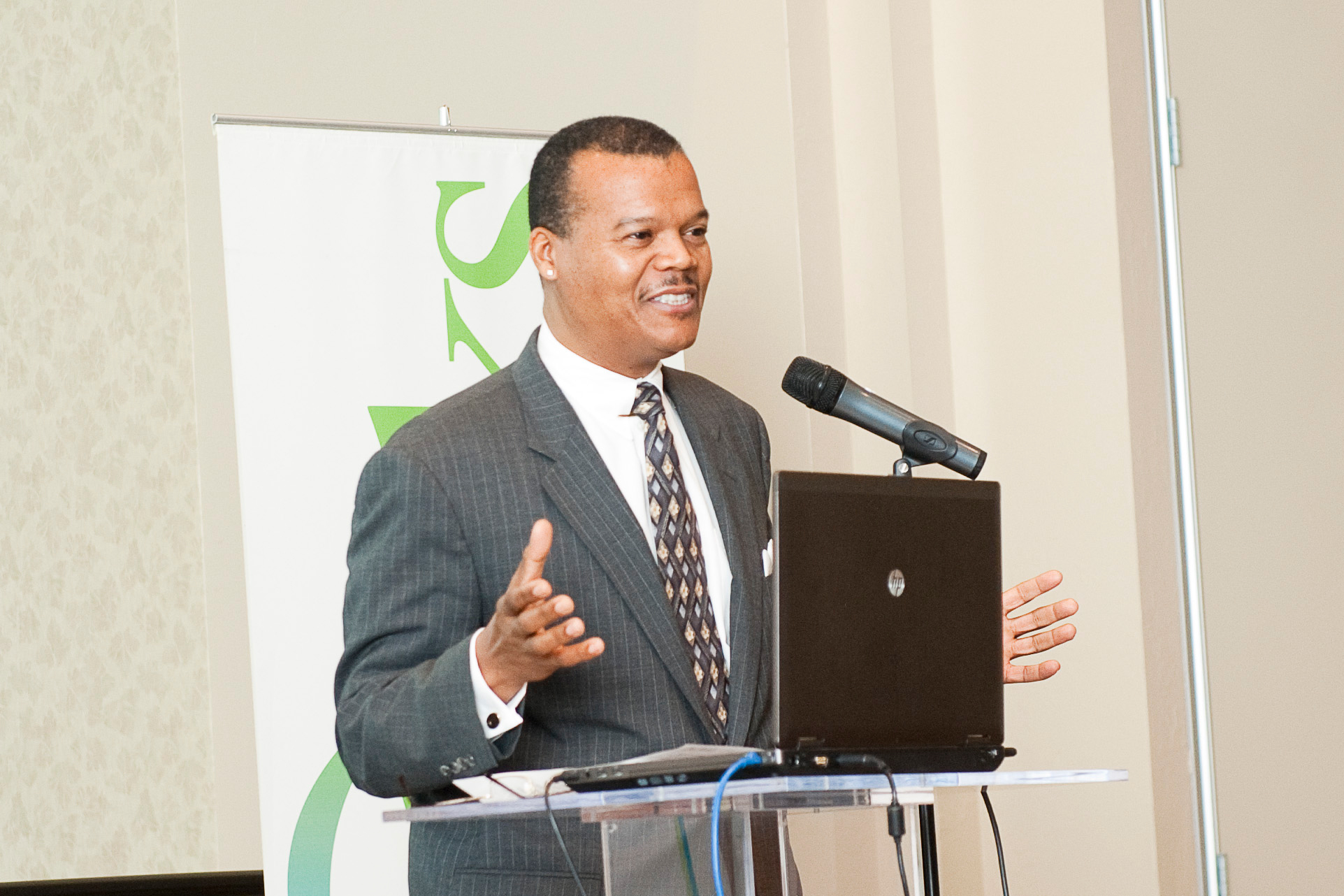
Harris speaking at the Statewide Conference for the State of Oklahoma Presentation on Family Strengthening and Community Building, 2013. photo / provided
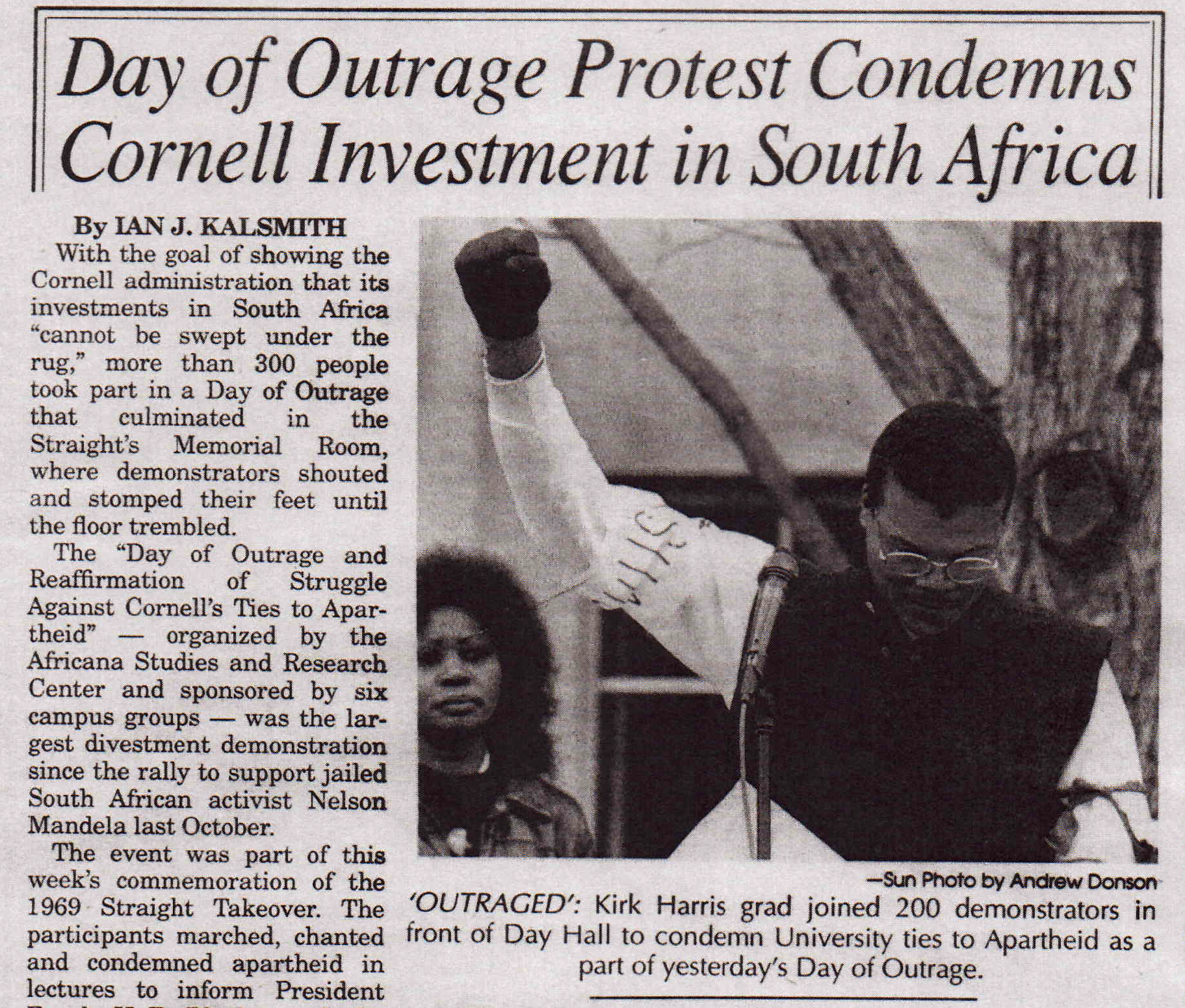
The Cornell Daily Sun, "Day of Outrage Protest Condemns Cornell Investment in South Africa" (April 19, 1989).
Projects
Selected Photos
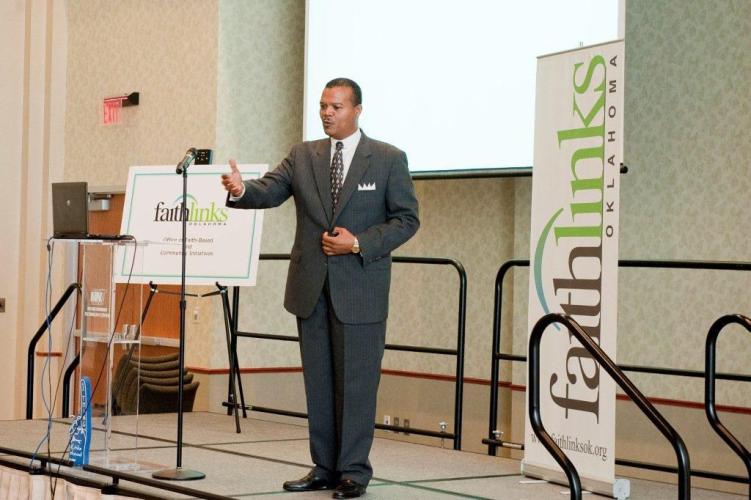
Statewide Conference for the State of Oklahoma Presentation on Family Strengthening and Community Building, 2013. photo / provided
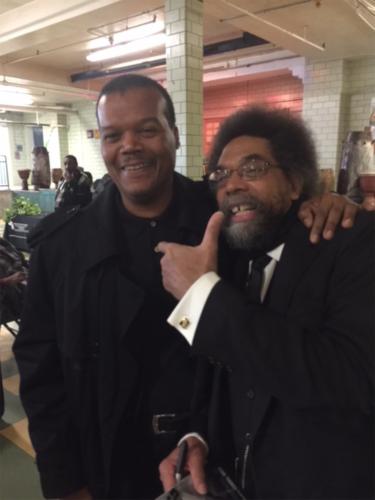
Dr. Cornel West at IPE in Chicago, reaquainted with Dr. Kirk E. Harris, 2016
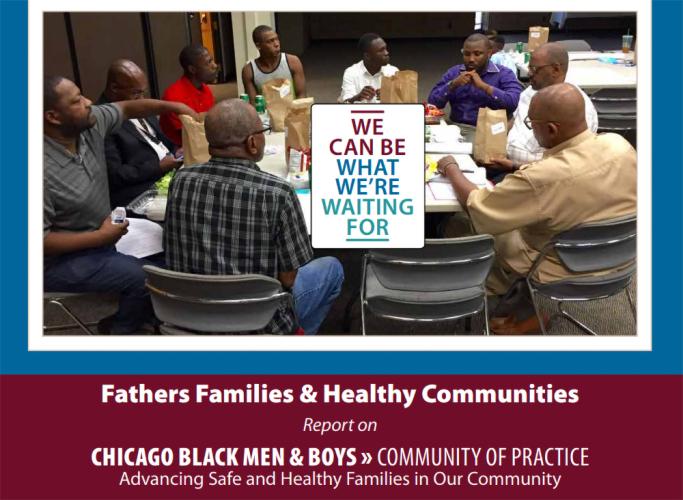
Fathers, Families, and Healthy Communities, cover of "Report on Chicago Black Men and Boys: Advancing Safe and Healthy Families in Our Community," 2019.
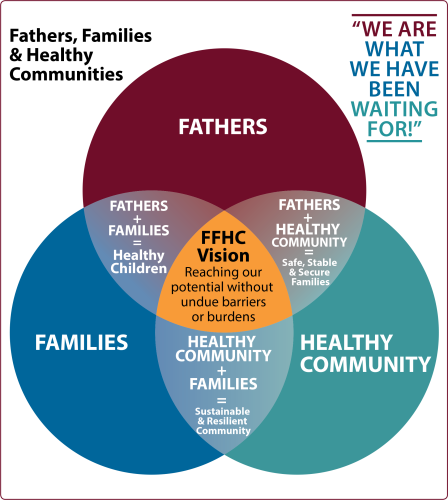
Fathers, Families, and Healthy Communities, venn diagram from "Report on Chicago Black Men & Boys: Advancing Safe and Healthy Families in Our Community," 2019.
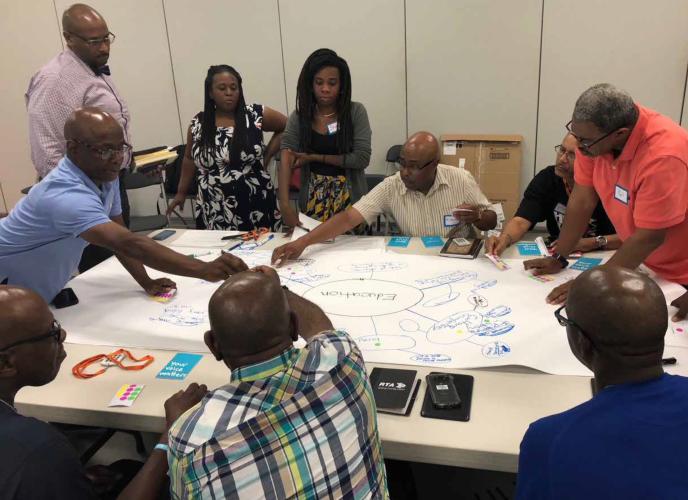
Fathers, Families, and Healthy Communities, focus group creating a mind map, from "Report on Chicago Black Men and Boys: Advancing Safe and Healthy Families in Our Community," 2019.
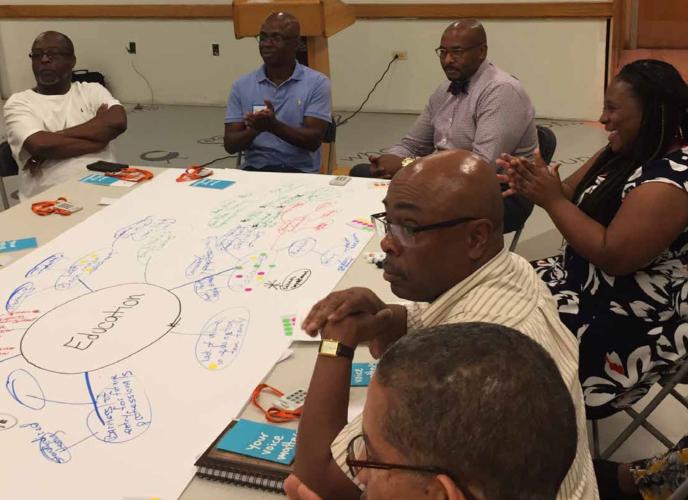
Fathers, Families, and Healthy Communities, focus group discussion, from "Report on Chicago Black Men and Boys: Advancing Safe and Healthy Families in Our Community," 2019.
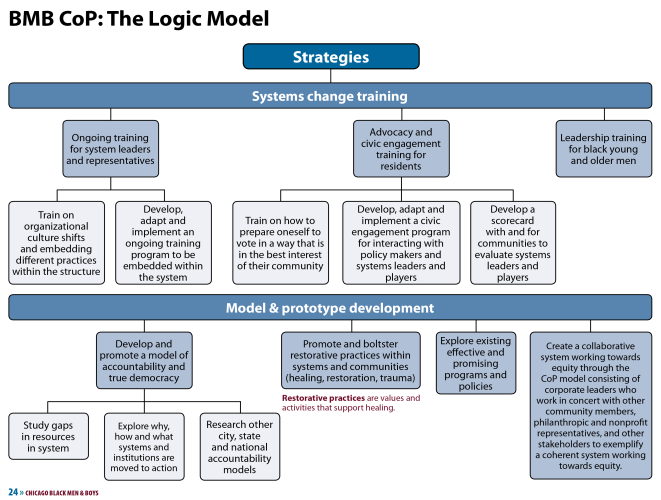
Fathers, Families, and Healthy Communities, logic model from "Report on Chicago Black Men and Boys: Advancing Safe and Healthy Families in Our Community," 2019.
Color: Lorem ipsum dolor sit amet, consectetur adipisicing elit. Distinctio, eveniet?
